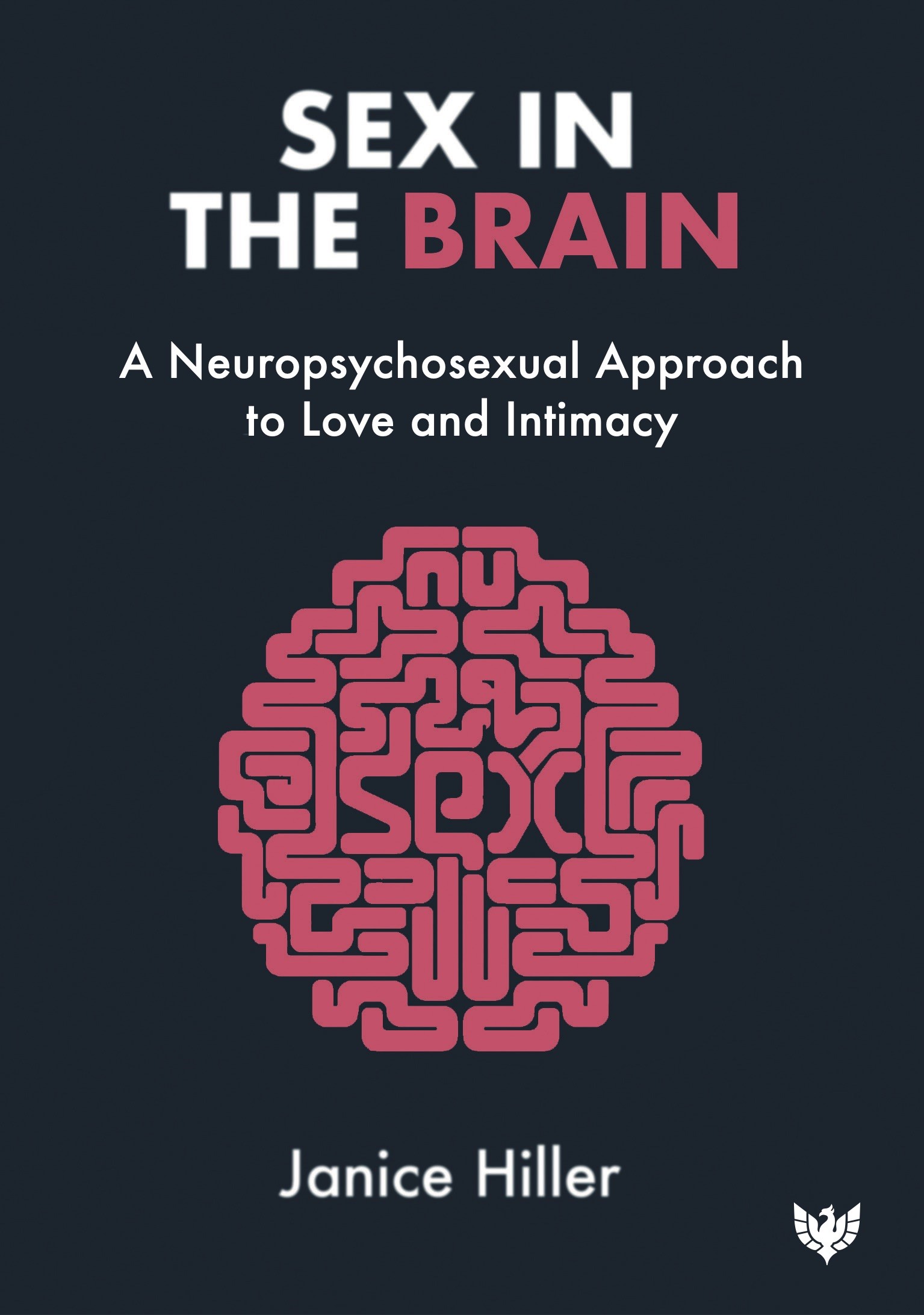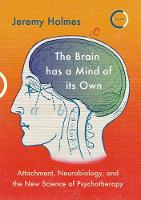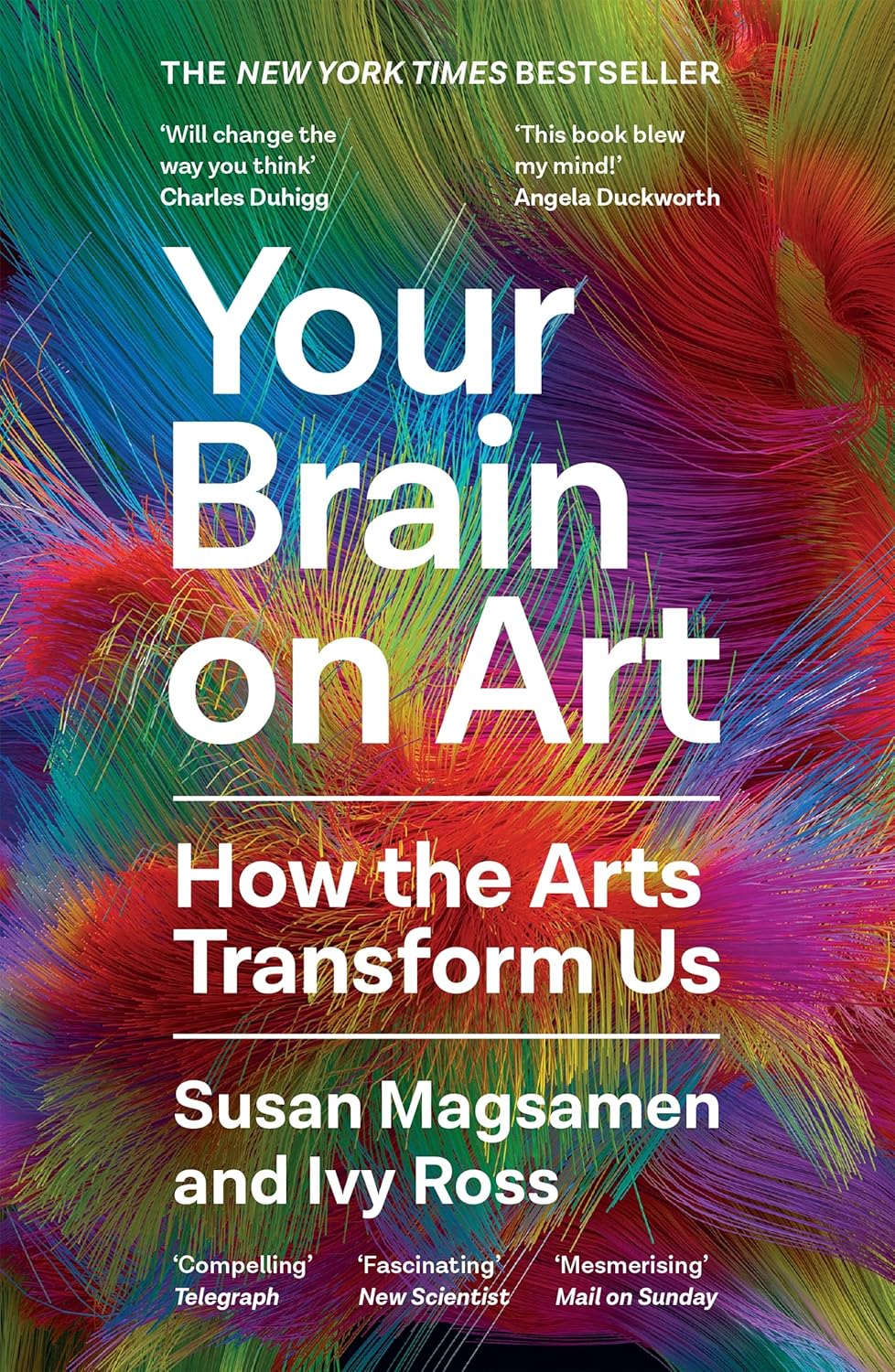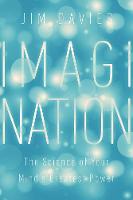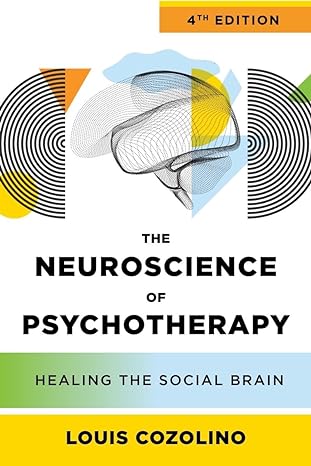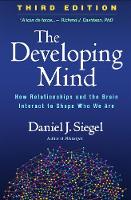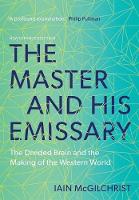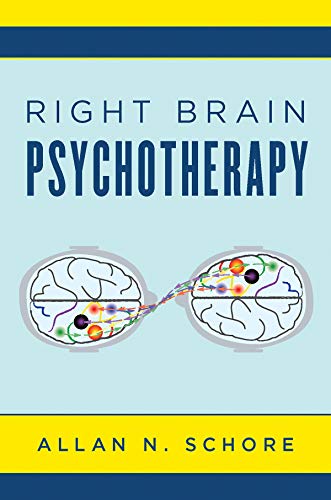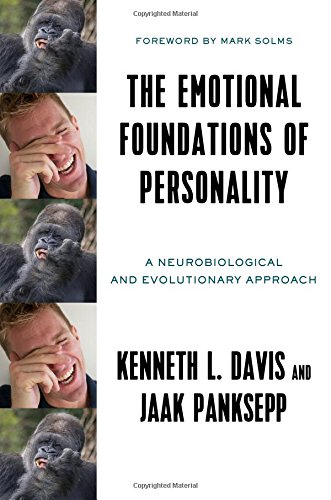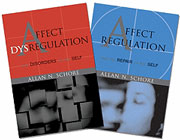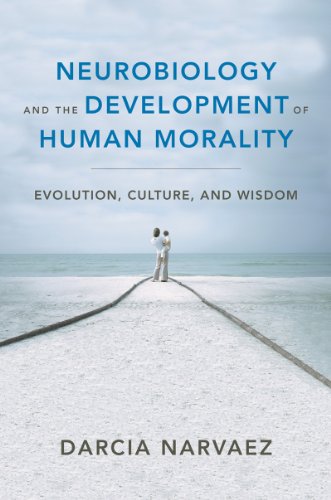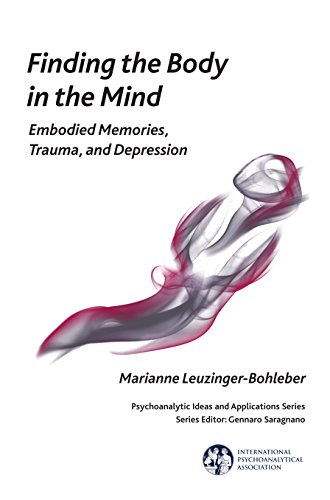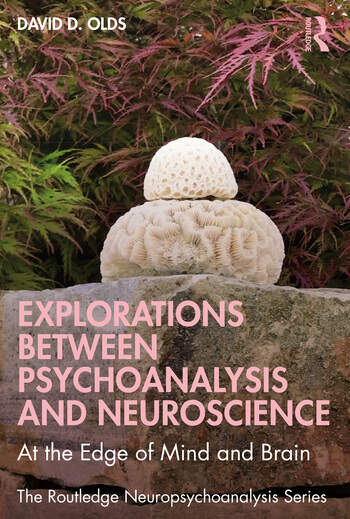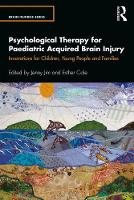Neuroscience Books
Sex in the Brain: A Neuropsychosexual Approach to Love and Intimacy
An overview of what happens in the brain during the development of romantic and sexual relationships, from the intense emotions at the start on to kissing, touch, arousal, orgasm, commitment,... (more)
The Brain has a Mind of its Own: Attachment, Neurobiology and the New Science of Psychotherapy
Psychotherapy is a practice in search of a theory. Recent advances in relational neuroscience and attachment research now offer convincing avenues for understanding how the 'talking cure' helps... (more)
Your Brain on Art: How the Arts Transform Us
The arts can deliver potent, accessible and proven solutions for the wellbeing of everyone.
In this book, Magsamen and Ross offer compelling research that shows how engaging in an art project... (more)
Sex, Death, and the Superego: Updating Psychoanalytic Experience and Developments in Neuroscience
This second edition of Ronald Britton's personal reappraisal of psychoanalytic theories is based on further clinical experience, further study of current neuroscience and continued reflection on the... (more)
Borderline Bodies: Affect Regulation Therapy for Personality Disorders
A bold look at the body as a source of contention for those who suffer from personality disorders. People with personality disorders often attack their own bodies through eating disorders and other... (more)
The Hidden Spring: A Journey to the Source of Consciousness
How does the mind connect to the body? Why does it feel like something to be us? For one of the boldest thinkers in neuroscience, solving this puzzle has been a lifetime's quest. Now at last, the man... (more)
Imagination: The Science of Your Mind's Greatest Power
The first-ever book on the science of imagination, which sheds light on both the complex inner-workings of our mind and the ways in which we can channel imagination for a better life.
We don’t... (more)
The Feeling Brain: Selected Papers on Neuropsychoanalysis
Neuropsychoanalysis is the fastest growing area within psychoanalysis, providing a bridge between "classic" psychoanalysis and the neurological sciences. This book provides an accessible introduction... (more)
The Science of the Art of Psychotherapy
For decades Allan Schore has been a leader in developing an overarching model of people’s social and emotional development, integrating work from psychology, psychiatry, psychoanalysis, attachment... (more)
The Feeling of What Happens: Body and Emotion in the Making of Consciousness
A new theory of consciousness and the construction of identity focuses on the body's reaction to its world, postulating that a complex relationship between body, emotion, and mind is required to... (more)
The Neuroscience of Psychotherapy: Healing the Social Brain: Fourth Edition
A new edition of the classic text that links neuroscience and human behaviour in a therapeutic context.
This ground-breaking book explores the revolution in psychotherapy that brought an... (more)
The Developing Mind: How Relationships and the Brain Interact to Shape Who We Are: Third Edition
This highly influential work--now in a revised and expanded third edition incorporating major advances in the field--gives clinicians, educators, and students a new understanding of what the mind is,... (more)
The Master and His Emissary: The Divided Brain and the Making of the Western World - New Edition
A new edition of the bestselling classic - published with a special introduction to mark its 10th anniversary. This pioneering account sets out to understand the structure of the human brain - the... (more)
The Development of the Unconscious Mind
This book traces the evolution of the concept of the unconscious from an intangible, metapsychological abstraction to a psychoneurobiological function of a tangible brain. An integration of current... (more)
Right Brain Psychotherapy
An exploration into the adaptive functions of the emotional right brain, which describes not only affect and affect regulation within minds and brains, but also the communication and iterative... (more)
The Emotional Foundations of Personality: A Neurobiological and Evolutionary Approach
This book presents the wealth of scientific evidence that our personality emerges from evolved primary emotions shared by all mammals. Yes, your dog feels love-and many other things too. These... (more)
Affect Regulation 2-Volume Set: Affect Dysregulation and Disorders of the Self and Affect Regulation and the Repair of the Self
Two volume set containing Affect Dysregulation and Disorders of the Self and Affect Regulation and the Repair of the Self
Affect Dysregulation and Disorders of the Self
Building on his... (more)
The Essential Difference: Men, Women and the Extreme Male Brain
Simon Baron-Cohen's The Essential Difference: Men, Women and the Extreme Male Brain is an unflinching look at the scientific evidence behind the innate sex differences of the mind. Men and women have... (more)
Neurobiology and the Development of Human Morality: Evolution, Culture, and Wisdom
Moral development has traditionally been considered a matter of reasoning. In this integrative book, Darcia Narvaez demonstrates how morality goes “all the way down,” involving neurobiological,... (more)
The Wisdom of Lived Experience: Views from Psychoanalysis, Neuroscience, Philosophy and Metaphysics
In our quest toward truth we often rely on the guidance and clarity of conscious thought, but in doing so we may bypass awareness of a more deeply informing resource, which is embodied in lived... (more)
Finding the Body in the Mind: Embodied Memories, Trauma, and Depression
Since the 1990s many different scientific disciplines have intensified their interest in the so called 'mind-body-problem': psychoanalysis, philosophy, academic psychology, cognitive science and... (more)
The God of the Left Hemisphere: Blake, Bolte Taylor and the Myth of Creation
The God of the Left Hemisphere explores the remarkable connections between the activities and functions of the human brain that writer William Blake termed 'Urizen' and the powerful complex of... (more)
Neuro-Hypnosis: Using Self-Hypnosis to Activate the Brain for Change
Presented here is the latest research on the neurological processes that occur during hypnosis. Readers are provided with the tools needed to use self-hypnosis to address a number of concerns, from... (more)
Anxiety and Mood Disorders Following Traumatic Brain Injury: Clinical Assessment and Psychotherapy
While there are many excellent texts addressing cognitive impairment and behavioural difficulties and on rehabilitation associated with traumatic brain injury, few textbooks specifically address the... (more)
Explorations Between Psychoanalysis and Neuroscience: At the Edge of Mind and Brain
Explorations Between Psychoanalysis and Neuroscience brings together the life's work of David Olds, pioneering psychoanalyst, psychiatrist, philosopher, and key figure in... (more)
Unlocking the Nature of Human Aggression: A Psychoanalytic and Neuroscientific Approach
Unlocking the Nature of Human Aggression is a neuropsychoanalytic and scientific exploration of aggression and argues for its central role in psychopathology and the genesis of individual symptoms,... (more)
The Male Brain
From the author of the groundbreaking, international bestseller The Female Brain comes this eagerly awaited follow-up.
Did you know that the male brain…
*is a lean, mean problem-solving... (more)
Life after my mother's stroke: A teenage take on how to cope
Tashi Hansen du Toit was 15 years old when her mother Karen suffered a severe hemorrhagic stroke which left her with multiple physical and cognitive impairments. This beautifully written and poignant... (more)
Polyvagal Exercises for Safety and Connection: 50 Client-Centered Practices
Deb Dana is the foremost translator of polyvagal theory into clinical practice. Here, in her third book on this groundbreaking theory, she provides therapists with a grab-bag of polyvagal-informed... (more)
Psychological Therapy for Paediatric Acquired Brain Injury: Innovations for Children, Young People and Families
Children, young people and families living with an acquired brain injury (ABI), whether through accident, illness, injury or abuse, are rarely offered psychological therapy, and yet the benefits of... (more)


